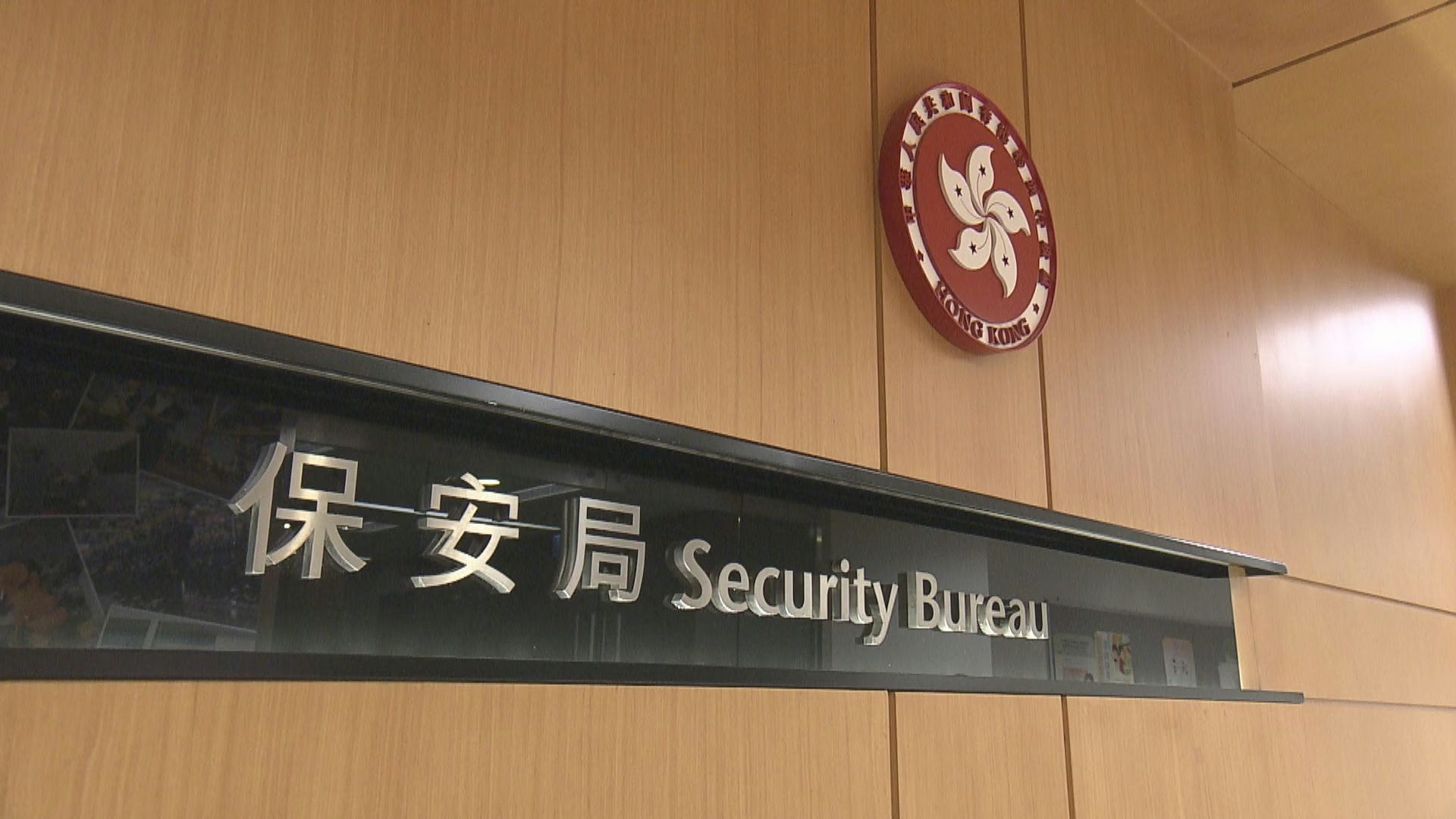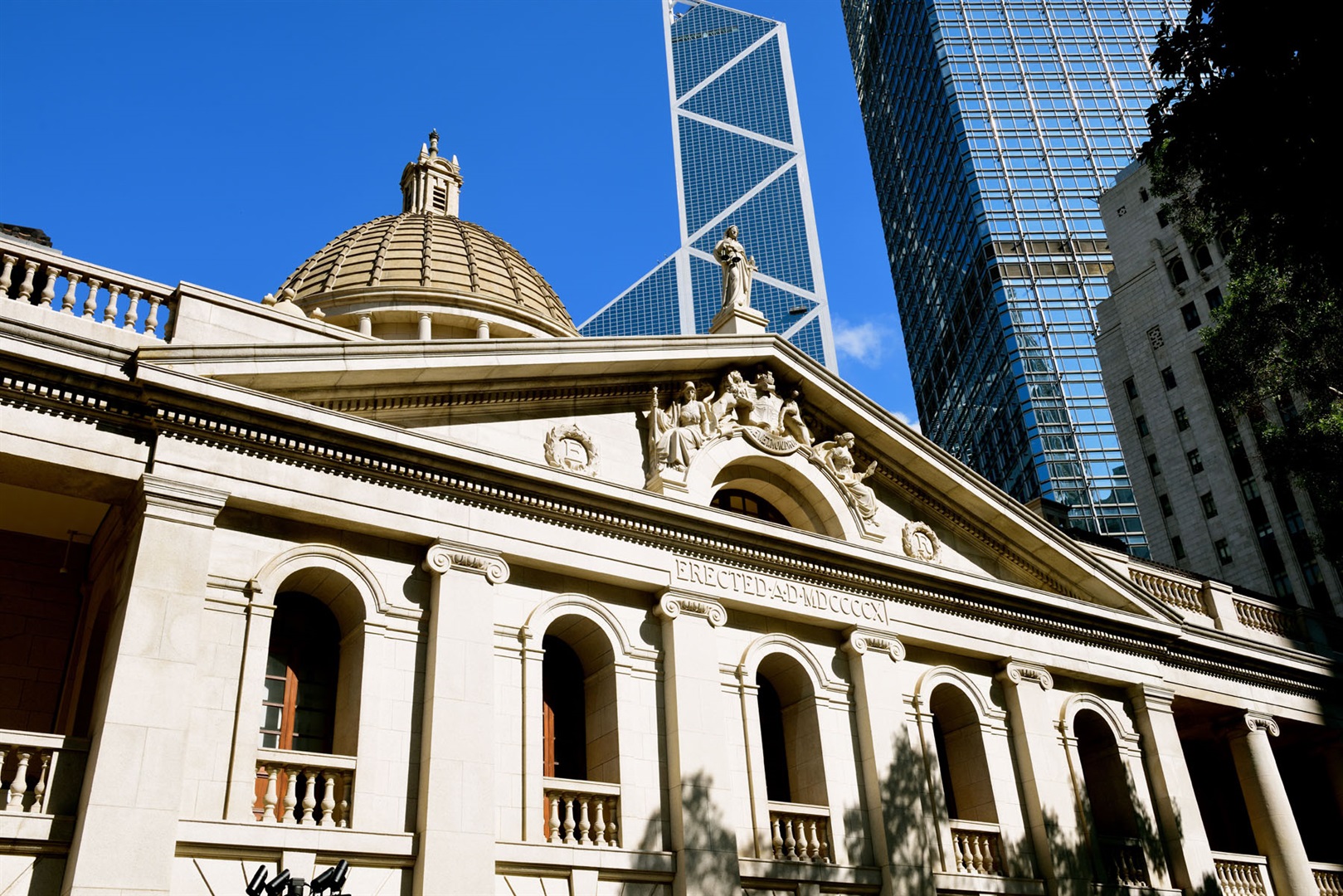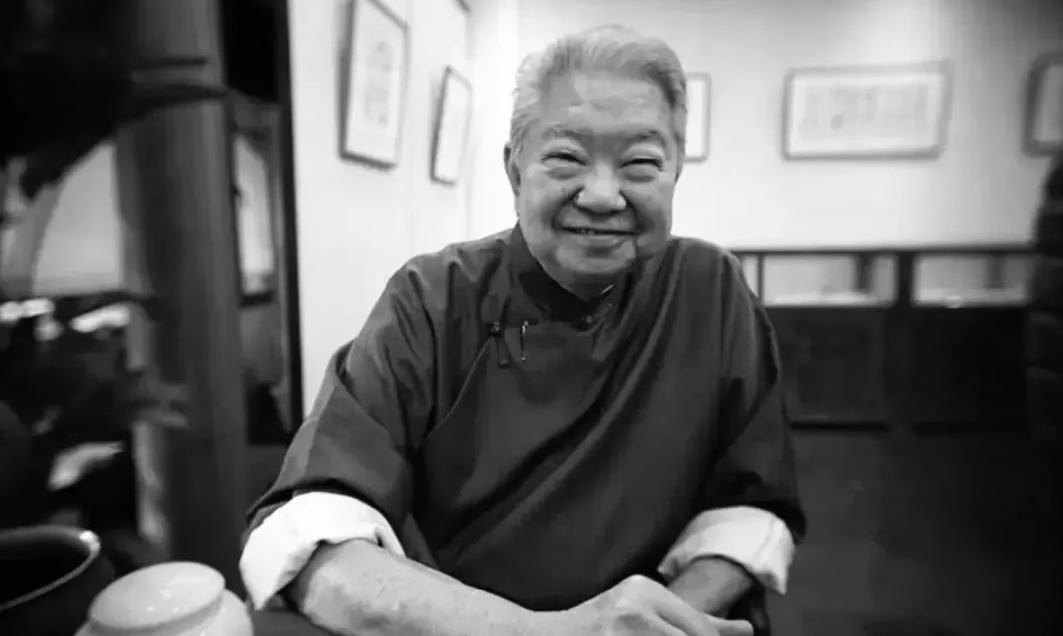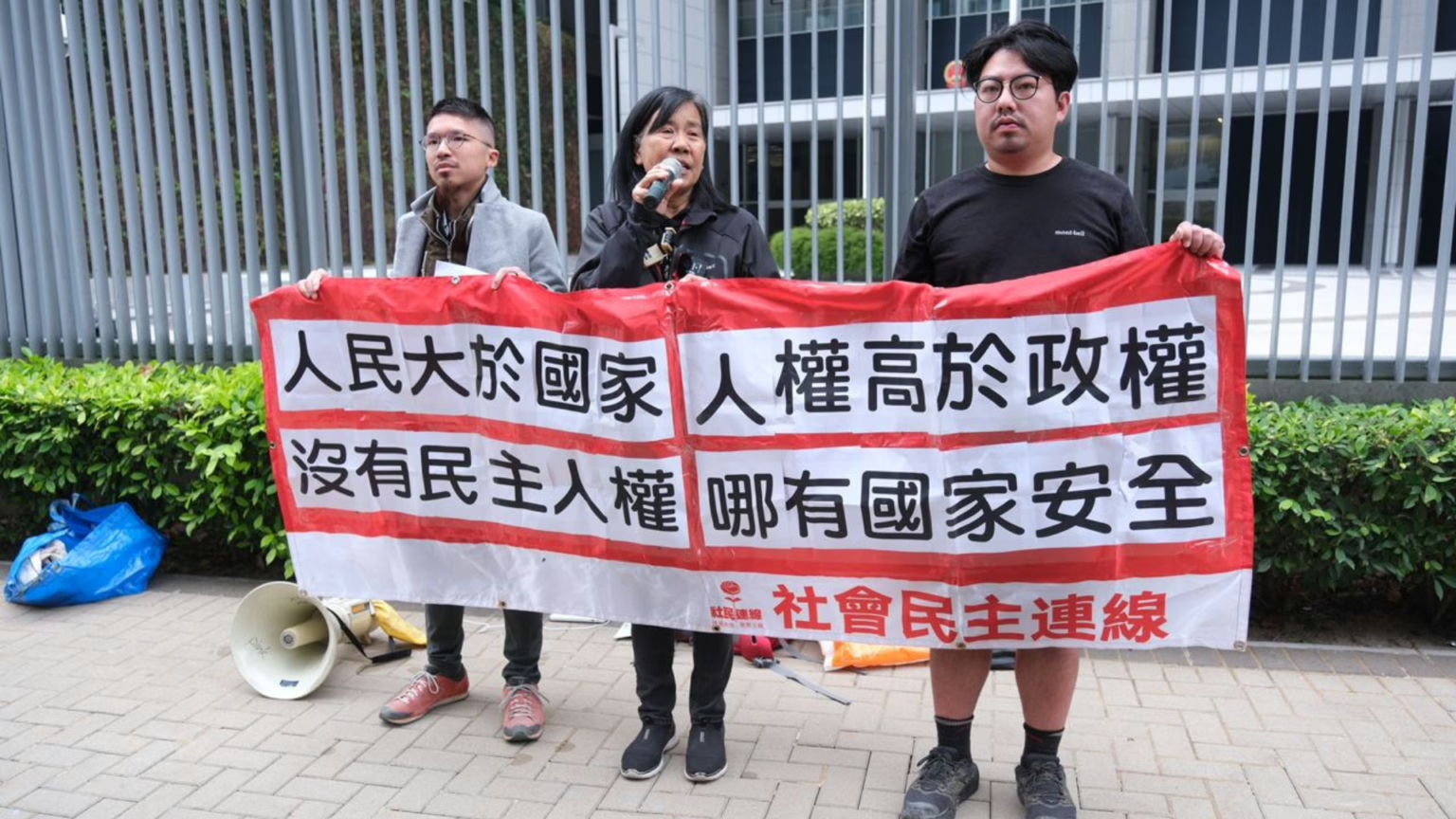In a lightning-fast move, the Hong Kong government tabled subsidiary legislation under the National Security Ordinance on 12 May, pushing it through the Legislative Council (LegCo), gazetting it, and bringing it into force within a mere 48 hours. The breakneck pace and lack of public consultation have ignited fierce debate over transparency and the rule of law.
Legislation Bolsters National Security Office Powers
According to LegCo documents and government statements, the subsidiary laws aim to streamline operations for Hong Kong’s Office for Safeguarding National Security. Key provisions include:
- Expanded Jurisdiction: The National Security Office can directly initiate, investigate, and detain suspects in cases involving “foreign interference” or other designated national security offences, with the authority to transfer suspects to mainland China for trial.
- Mandatory Government Cooperation: All Hong Kong government departments and civil servants are obliged to assist the Office and maintain strict confidentiality, barring disclosure of investigation details.
- “Prohibited Place” Designation: The Office’s premises are classified as “prohibited places,” exempting its personnel from searches, inspections, or seizures by local law enforcement during operations.
Secretary for Justice Paul Lam SC defended the laws, describing them as “technical in nature” and intended to enhance the Office’s efficiency without expanding its existing powers. He stressed their alignment with the Hong Kong National Security Law and their critical role in safeguarding national security.
Rushed Process Fuels Transparency Concerns
The legislative process was extraordinarily swift, with the entire cycle from tabling to enactment completed in under 48 hours. No public consultation was held, and LegCo discussions were conducted behind closed doors, involving only a select group of lawmakers. Sources revealed that some legislators received the draft legislation mere hours before deliberations, leaving scant time for scrutiny.
Legal experts have slammed the opaque process, warning it undermines public trust. Professor Chan (anonymised), a legal scholar at the University of Hong Kong, remarked, “Even for technical amendments, rushing through such significant laws in record time raises suspicions of deliberate efforts to evade public oversight.”
Analysis: Rushed Laws, Judicial Risks, and Unchecked Power
The rapid enactment of these subsidiary laws has sparked fears that similar tactics could be used for other national security measures, notably the long-debated Article 23 legislation under the Basic Law. Covering offences like subversion and secession, Article 23 has historically been shelved due to public opposition. With the current LegCo dominated by pro-government lawmakers and dissent virtually silenced, a “blitz” approach could see Article 23 passed with minimal resistance.
More alarmingly, this rushed legislative model risks becoming a precedent for non-security-related laws. Sensitive bills on privacy, data regulation, or economic policy could be fast-tracked under the guise of “urgency” or “technicality,” bypassing robust public debate and sowing seeds for long-term issues. A spokesperson for the civic group Hong Kong Democracy Watch warned, “Legislation without scrutiny not only erodes democratic processes but also risks policy blunders, damaging Hong Kong’s global reputation and citizens’ rights.”
Judicial System Under Strain: The provision allowing the National Security Office to transfer suspects to mainland China for trial has raised grave concerns about Hong Kong’s judicial independence. The city’s common law system is built on transparency, procedural fairness, and independent adjudication, but the ability to bypass local courts threatens these principles. Senior barrister Mr. Lee (anonymised) cautioned, “If more national security cases are diverted from Hong Kong’s judiciary, public confidence in the rule of law could erode, particularly when the Office has unchecked discretion to classify cases as ‘foreign interference’.” The lack of open debate during the legislative process further obscures how national security will be balanced with judicial autonomy, potentially undermining Hong Kong’s appeal as a global financial hub.
Unfettered Power and Oversight Gaps: The laws grant the National Security Office greater operational freedom without introducing new oversight mechanisms. As a mainland agency, the Office already operates with significant autonomy from Hong Kong’s judicial and administrative frameworks. While the National Security Law establishes a supervisory committee, its internal review role and appointment by the Chief Executive raise doubts about its independence. Dr. Cheung (anonymised), a legal academic, noted, “The Office’s ‘prohibited place’ status and immunity from local enforcement checks further diminish external accountability. Coupled with a secretive legislative process, it’s nearly impossible for the public to assess whether powers are being misused.”
Moreover, the mandate for civil servants to comply unquestioningly with the Office, without clear legal protections against improper directives, places them in an ethical and legal quandary. If this rushed legislative approach extends to Article 23 or other laws without robust checks—such as independent oversight bodies or transparent accountability mechanisms—the expansion of unchecked power and erosion of judicial integrity could profoundly challenge Hong Kong’s rule of law.
Government Response and What Lies Ahead
Addressing critics, a government spokesperson insisted that national security matters demand swift action and that the process complied with legal requirements. They pledged ongoing public engagement to balance security with civil liberties.
Yet analysts warn that, in the current political climate, avenues for public participation in lawmaking have drastically narrowed. Should rushed legislation become the norm, with judicial independence under pressure and public power unchecked, Hong Kong’s legal foundations and international standing could face unprecedented risks. The coming months, particularly the progress of Article 23, will be a litmus test for the government’s legislative strategy, oversight mechanisms, and commitment to judicial integrity.
Discover more from “Bridging Hongkongers. Reporting Truth.”
Subscribe to get the latest posts sent to your email.




